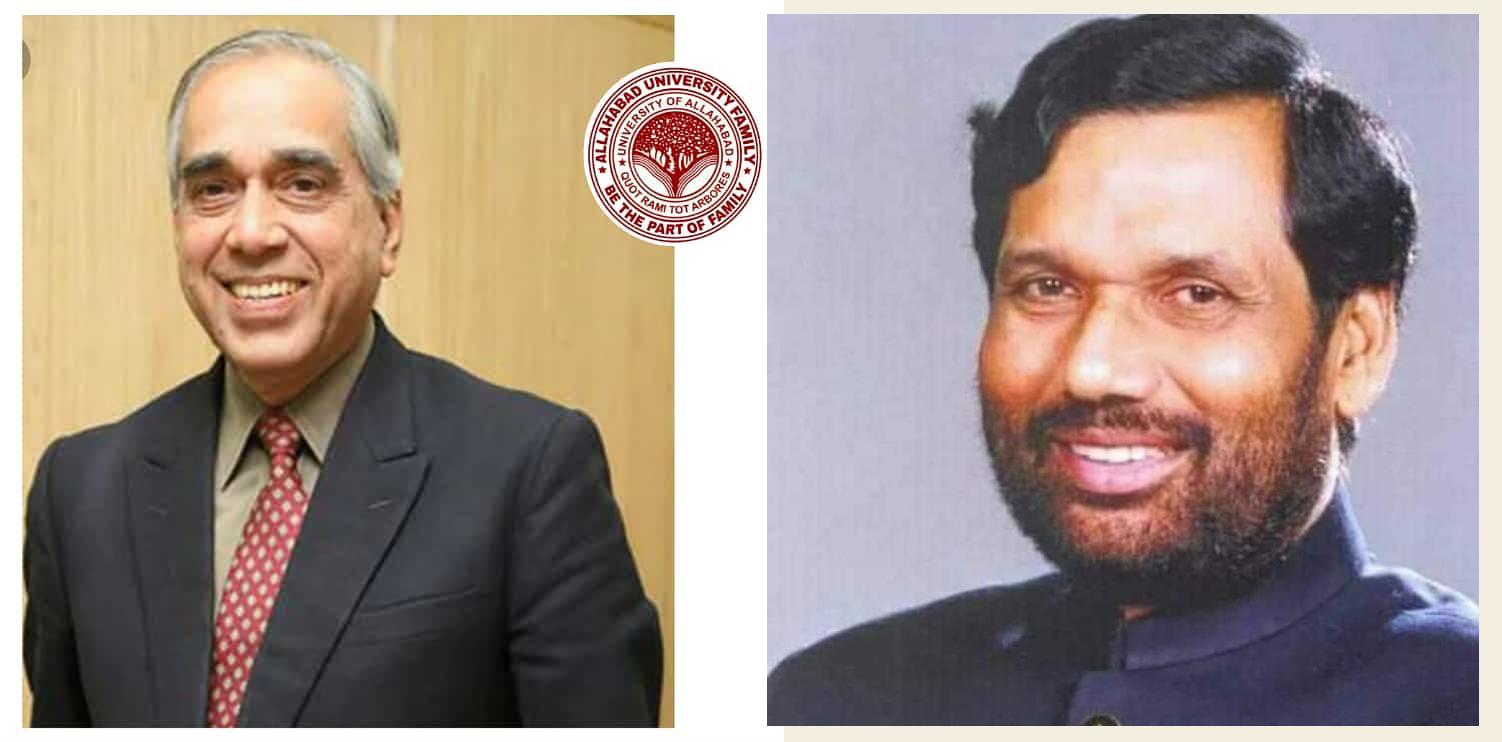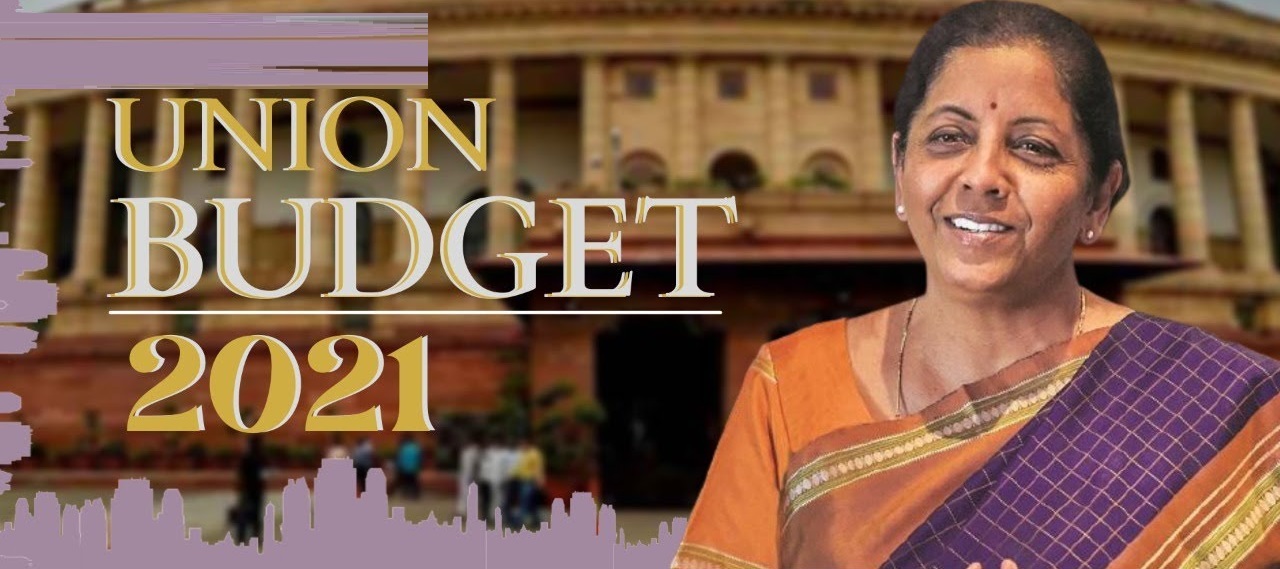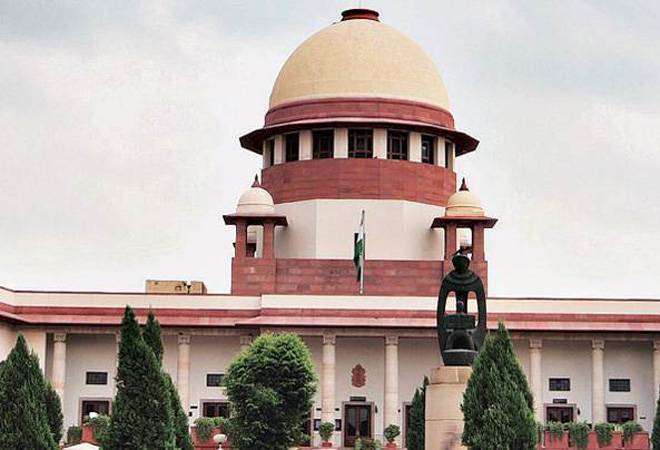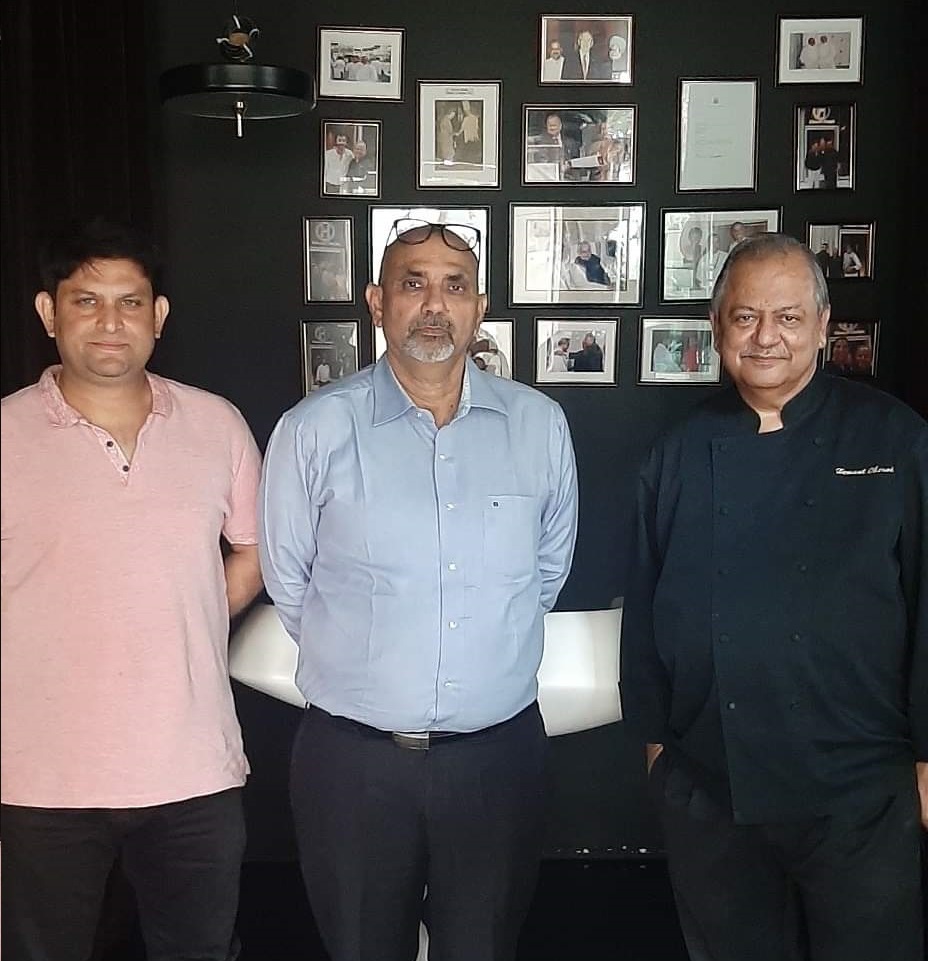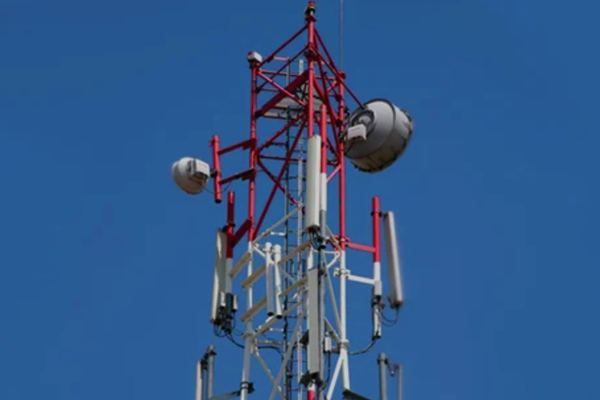
Is TDS Required for Cellular Mobile Service Providers to be deducted at source? SC
According to the Supreme Court, under Section 194-H of the Income Tax Act, 1961 (ITA), cellular telephone service providers are not required by law to deduct Tax at source (TDS) from the income or profit component in the payments received by distributors or franchises from third parties or customers, or while selling or transferring the pre-paid coupons or starter kits to the distributors.
In an appeal Bharti Cellular Limited (now Bharti Airtel Limited) filed against the Assistant Commissioner of Income Tax, the Court made this ruling.
"We hold that the assessees would not be under a legal obligation to deduct tax at source on the income/profit component in the payments received by the distributors/franchisees from the third parties/customers, or while selling/transferring the pre-paid coupons or starter-kits to the distributors," said the two-judge bench made up of Justice Sanjiv Khanna and Justice S.V.N. Bhatti. The Act's Section 194-H is not applicable in this case given the facts and circumstances.
According to the Bench, the Revenue is not allowed to change, modify, or postpone the duty set forth in the statute regarding the time and method of deducting taxes at source, even if the Revenue makes a concession in court.
Brief Facts -
The assessees, who were mobile phone service providers, filed a number of appeals. The appeals concerned the obligation to deduct tax at source under Section 194-H of the Income Tax Act (ITA) on the amount that the Revenue considered to be a commission that the assessees owed to an agent in accordance with the terms of the franchise or distributorship agreement between the assessees and the franchisees or distributors. The assessees claimed that neither they nor the franchisees/distributors were their agents, nor were they paying any commissions or brokerage to them. While the High Courts of Rajasthan, Karnataka, and Bombay held that Section 194-H of the Act is not relevant to the circumstances under consideration, the High Courts of Delhi and Calcutta had held that the assessees were entitled to deduct tax at source under that section of the Act.
The Income Tax Act's Section 194-H mandates that tax be withheld at the source. It specifies that anyone who is in charge of paying a resident any commission or brokerage income at the moment of credit or payment, whichever comes first, must deduct income tax at the specified rate. According to Section 2042 of the Act, the phrase "any person (...) responsible for paying" is a term of art. According to Section 204, clause (iii) states that "the person responsible for paying" in the event of credit or payment in situations not covered by clauses (i), (ii), (ii)(a), and (ii)(b) is the payer, or in the event that the payer is a corporation, the company and the main officer thereof.
In light of the case's facts and circumstances, the Supreme Court stated, "It may be advisable for the Central Board of Direct Taxes to clarify doubts by issuing appropriate instruction/circular after ascertaining the view of the assesses and stakeholders in order to avoid litigation and the pitfalls associated with it when there is apparent divergence of opinion."
Reducing litigation is one of the income's equally vital goals, along with increasing income and guaranteeing tax compliance.
When issuing a circular or directions, it should be explicit and, if warranted, require that the duty be made prospective.
According to the Court, the Revenue's argument that assessees should request information/data on a regular basis and then deduct tax at the source should be rejected as absurd, placing an unfair obligation on them, causing them inconvenience beyond what is required by statute, and making it utterly impossible to deduct and pay the tax that has been deducted within the legally prescribed timeframes, which start when the money is credited to the payee's account by the payer or when the payee receives payment, whichever comes first.
"As soon as the third party pays, the payee is paid. This payment does not represent the amount that the assessee is entitled to receive or pay as principal. The trustee responsible for accounting for this payment to the assessee as the primary is not the distributor/franchisee. The gross income or profit made by the distributor/franchisee is what is paid. It stated that "it is the income received by the distributor or franchisee as a consequence of its labor and efforts, and not a compensation paid by the assessee in its capacity as a cellular mobile telephone service provider."
The Revenue's argument, which was based on Singapore Airlines Limited and Others v. Commissioner of Income Tax (2023) 1 SCC 497, was thus rejected by the Court. The argument stated that assessees would still be required to deduct tax at source even if they were not paying the tax or crediting the income to the franchisee/distributor's account.
When appropriate, the concession may be given by means of a circular published in compliance with Section 119 of the Act. We do not believe that the Revenue's stated interpretation of the Singapore Airlines Limited (previous) decision is accurate. .. Returning to the legal context, the status of a distributor should be understood to differ from that of an agency. The distributor purchases products on his behalf and resells them inside his domain. The margin of difference between the purchasing price and the sale price is the profit made. The distributor in these situations is an independent contractor, which explains why. He doesn't operate as a mediator or build a connection between the principle and a third party, in contrast to an agent. It emphasized that the distributor is similar to a franchisee and has distribution rights.
The Court went on to say that while an agent is not entirely free from control and has a fiduciary relationship with respect to the tasks that the principal entrusts to it, an independent contractor is not subject to control from his employer and is only bound by the terms of his contract. Since a contract with an independent agent is based on its terms, an independent contractor may appear to be an agent from the perspective of the control that can be exercised over him, but the tests outlined in paragraph 8's clauses (a) through (d) may not hold up when considering the entirety of the relationship. The distinction is that independent contractors, even when hired to establish contractual relationships with third parties, are self-employed. It was noted that an independent contractor is exempt from providing business accounts because the company is his, not his employer's.
The Court determined that the term "agent" should only refer to an individual who possesses the authority to influence the legal standing of their principal through contract negotiations or property disposition; this individual would typically be an independent contractor who may also indirectly impact the principal's legal position.
Accordingly, the Apex Court dismissed the appeals.
Cause Title- Bharti Cellular Limited (Now Bharti Airtel Limited) v. Assistant Commissioner of Income Tax, Circle 57, Kolkata and Another (Neutral Citation: 2024 INSC 148).
Your free access to Supreme Law News has expired
For further details contact:
Dr. Ajay Kummar Pandey
( LLM, MBA, (UK), PhD, AIMA, AFAI, PHD Chamber, ICTC, PCI, FCC, DFC, PPL, MNP, BNI, ICJ (UK), WP, (UK), MLE, Harvard Square, London, CT, Blair Singer Institute, (USA), Dip. in International Crime, Leiden University, the Netherlands )
Advocate & Consultant Supreme Court of India, High Courts & Tribunals.
Delhi, Mumbai & Dubai
Tel: M- 91- 9818320572. Email: editor.kumar@gmail.com
Website:
www.supremelawnews.com
www.ajaykr.com, www.4Csupremelawint.com
Facebook: /4Clawfirm, /legalajay Linkedin: /ajaykumarpandey1 Twitter: /editorkumar / YouTube: c/4cSupremeLaw Insta: /editor.kumarg
Telegram Channel
Whatsup Channel




